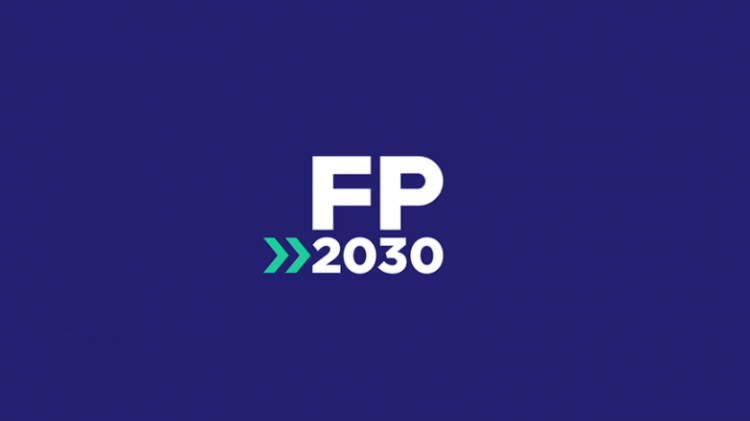By Iyemah David
Nigeria has taken stock of its progress under the Family Planning 2030 commitments, with findings showing mixed achievements and persistent challenges.
This is according to a new Motion Tracker Approach (MTA) progress report developed through a participatory accountability framework led by the Africa Health Budget Network (AHBN) and partners.
The report made available to newsmen on Thursday in Abuja, highlighted strides in policy adoption, financing and integration of family planning services.
Nigeria’s Federal Government has advanced on expanding method mix and strengthening adolescent and youth sexual and reproductive health programming.
However, the MTA findings revealed that significant gaps remained.
“These include inadequate funding for family planning commodities, weak data tracking and limited state-level ownership of commitments.
“While political will exists, systemic bottlenecks continue to hinder universal access to voluntary, rights-based family planning services in Nigeria.
“Stakeholders, in family planning, also underscore the importance of increased transparency, stronger multi-sectoral partnerships and sustained investment to ensure the country meets its 2030 goals.
“This progress report is not just a stocktaking exercise; it is a wake-up call for renewed action and accountability at all levels,” the report noted.
The report recommendations include scaling up domestic financing, ensuring the timely release of allocated funds.
Also, it suggested institutionalising accountability mechanisms at the state and federal levels and deepening engagement with civil society and youth groups.
The MTA, piloted in Nigeria, had emerged as a best practice for monitoring reproductive health commitments across Africa.
Stakeholders said its success laid in inclusivity and the ability to hold policymakers accountable through evidence-based advocacy.
With less than five years to 2030, advocates warn that Nigeria must double efforts to close gaps and prioritise family planning as a driver of maternal health, gender equality, and sustainable development.
Meanwhile, Nigeria aims to strengthen family planning as a driver of human capital development and Universal Health Coverage to achieve a demographic dividend by 2030.
The goals include increasing modern contraceptive prevalence rate from 12 per cent to at least 27 per cent through rights-based, high-impact practices and a total market approach.
Also, reducing family planning supply chain stock-outs to below 20 per cent, improving data visibility and ensuring last-mile delivery nationwide.
Then, improving financing by dedicating at least one per cent of national and state health budgets (N4.7 billion and N6.9 billion respectively) and leveraging innovative domestic financing mechanisms.
Other goals are strengthening accountability through multi-stakeholder platforms, CSOs, media and community structures for monitoring rights-based indicators.
By the end of 2030, Nigeria envisions a country where everyone, including adolescents, young people, populations affected by the crisis and other vulnerable populations, can make informed choices.
The country can also, have equitable and affordable access to quality family planning, and participate as equals in society’s development.




